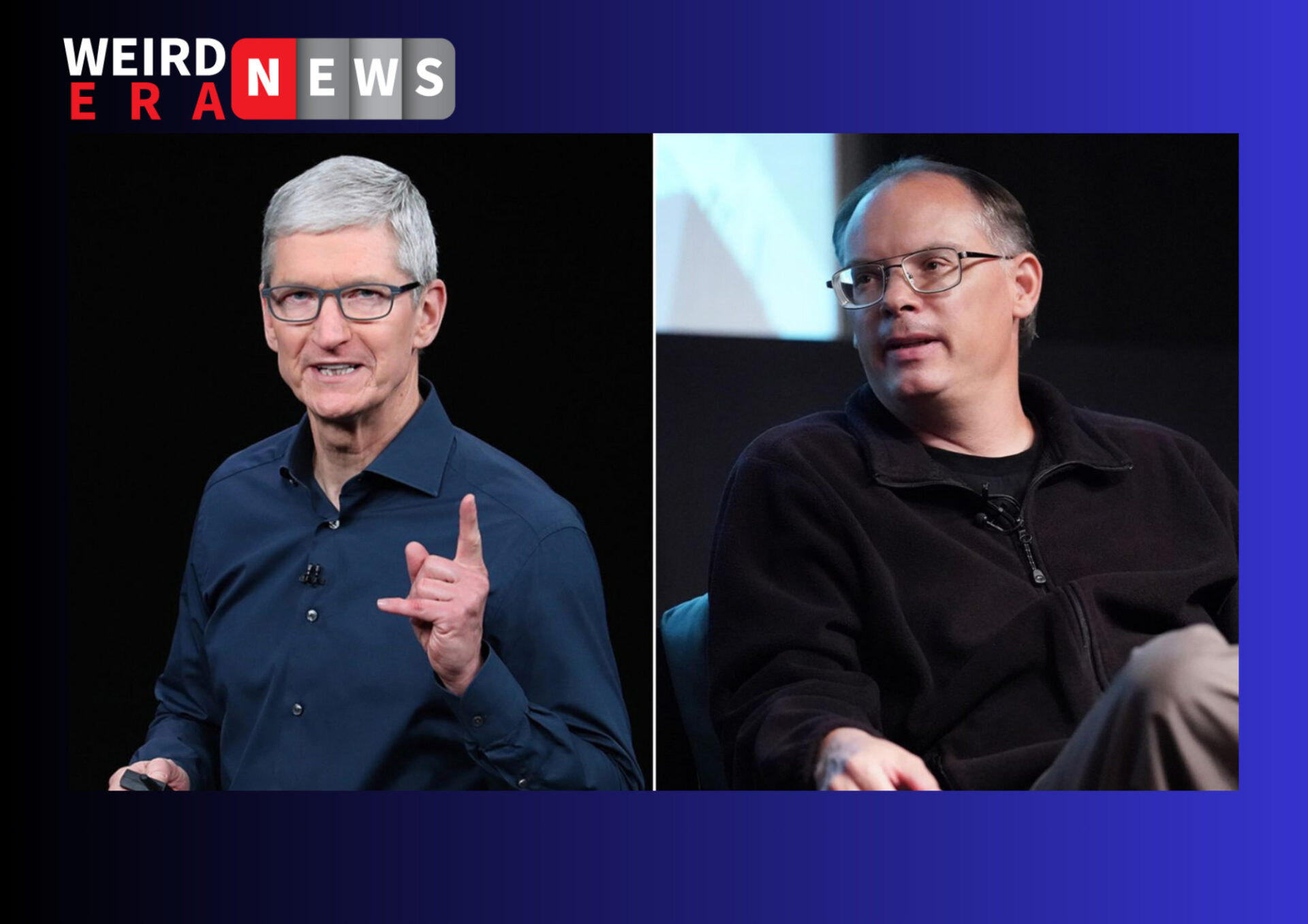Apple must now adhere to a comprehensive injunction that reshapes its dynamics with mobile app developers and could impact billions of dollars in app-related sales, as the US Supreme Court decided not to review the lower court’s order on Tuesday.
In 2022, Apple reported that developers had generated a staggering $1.1 trillion in the App Store that year. The Supreme Court’s decision not to hear the case is a significant setback for Apple, considering the company generally takes a 30% cut of in-app purchases of digital goods and services. While it takes a lower 15% cut in certain situations, Apple has noted that many app makers pay no commission at all.
Read More: Goldman Sachs Surpasses Earnings Expectations by a Wide Margin
For years, Apple has sought to prevent app makers from incorporating buttons, links, or other features within iOS apps that direct customers to purchase in-app content through payment channels other than Apple’s. The nationwide injunction, upheld by the Supreme Court’s decision, prevents Apple from intervening when developers include such features in their apps.
This development underscores the impact of a lawsuit initiated by Epic Games, the creator of “Fortnite,” which seems to have brought about lasting changes to Apple’s app store, potentially affecting millions of apps across iOS.
The crux of the matter is the lucrative fees that Apple can charge when in-app transactions go through its proprietary payment channels. The injunction specifically targets Apple’s app store terms, including the “anti-steering” language, which gave Apple the right to block developers from adding features designed to bypass its payment system.
While Apple argued that the injunction was overly broad and affected developers unrelated to the Epic Games litigation, the Supreme Court’s decision leaves the injunction intact. In a related decision, the Court also declined to hear Epic’s appeal, in which it claimed that lower courts had wrongly concluded that Apple’s app store practices did not violate federal antitrust law but did violate aspects of California’s unfair competition law.
Epic Games CEO Tim Sweeney expressed disappointment in a thread on X (formerly Twitter), but acknowledged that the surviving injunction would empower app makers to inform US customers about better prices on the web.
The decision not to hear the case highlights the contrasting views courts have on Apple’s app store compared to Google’s. While lower courts in the Apple case have ruled that Apple is not a monopolist in app distribution, a federal jury recently found Google’s app store to violate federal antitrust laws. Google maintains that its approach to apps is more open than Apple’s, emphasizing the availability of third-party app stores for Android.

